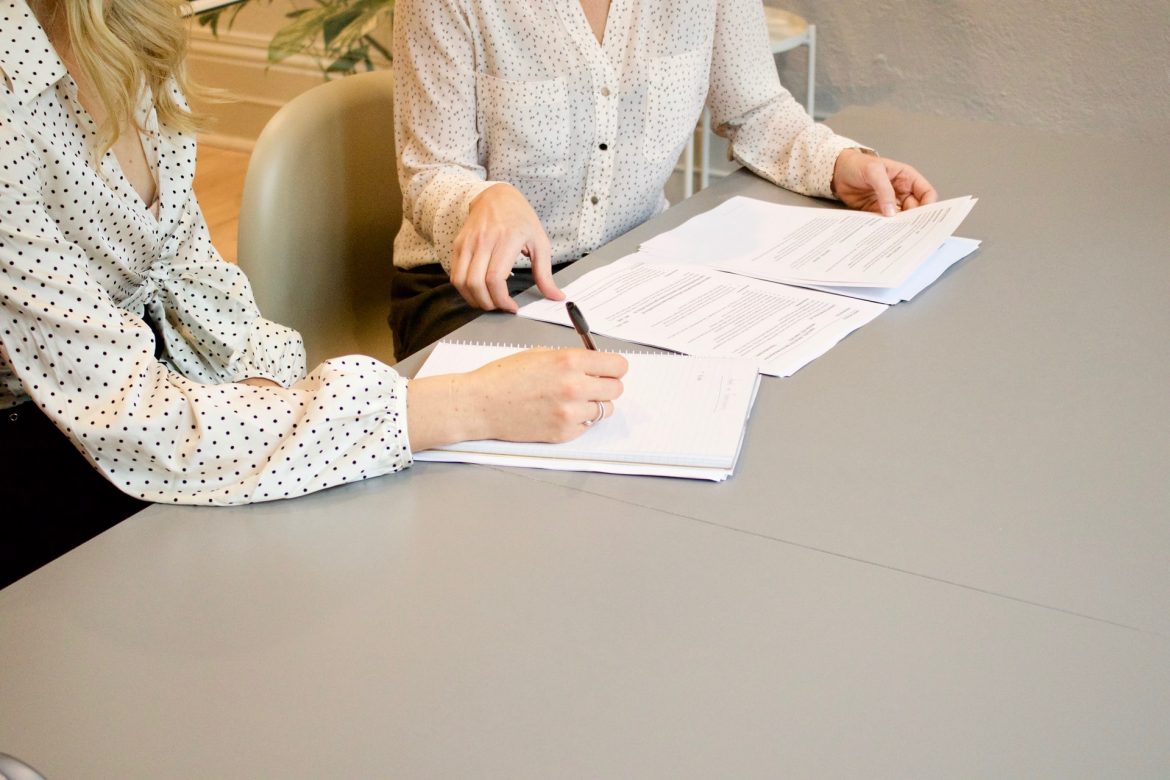You have found the perfect place to rent for your business, and it’s time to sign a commercial lease. This guide looks at what you need to know about renting premises and negotiating the lease.
A commercial lease is a legal agreement between the owner of a commercial property and someone who wants exclusive use of it for a set period. It normally applies to a retail store, office, industrial unit, warehouse or factory.
A retail lease is a commercial lease used for retail shop businesses. Unlike explicit commercial leases, retail leases attract additional protection under State-based legislation. Generally, a lease will be governed by the relevant State Act if the retail premises is in a shopping centre.
WHY should I not just sign straight away when renting premises?
Your business must abide by the terms of this lease, which could ultimately determine your success or failure. Indeed, the lease terms are just as important as finding the right property. Please read our guide on finding the right property.
WHAT questions should you ask before signing the lease?
- What is the permitted use of the premises? Check if any zoning restrictions may prohibit your business activity.
- What is the lease cost per month?
- What additional outgoing costs may be payable? You should request a breakdown of likely outgoings in addition to rent. These might include maintenance, cleaning, and repairs on your departure.
- Are there any incentives? Fit-out subsidies, rent-free or ret reduction periods.
- When does the lease end, and is there an option to renew?
- How much is the security bond? This is normally negotiable.
- Do I have to provide a Personal Guarantee? In an extreme case, you could be asked to put your house as collateral to ensure rent is paid (you do not have to agree)
- What is the lease duration, and what are the renewal options? Your business’s goodwill can easily become associated with a location, so an option to extend protects that. Conversely, if things don’t work out, you may want a short lease as a new business. So, a one-year lease with an option for a further two years might be the answer.
- When are rent reviews, and how often? This is the time you get to negotiate, as it will affect your cost increases in the future.
- Do you have to pay promotional or marketing funds? If you have a retail lease, be aware of your obligations to contribute to marketing funds for the shopping centre.
- What are the refurbishment requirements? A shopping centre may require you to refurbish every x years.
- Who will pay to create the lease?
- Does the agreement allow the lease to be terminated early?
- Can the premises be assigned or sub-let?
- Does the landlord have a mortgage on the premises, and has the lending authority approved the lease?
HOW do I take out a commercial lease?
Negotiation is possible with a commercial lease. The ability to negotiate depends on how long the property has been vacant, how eager the landlord is to find a tenant, and how many other potential parties are trying to secure the property.
Ensure the landlord owns the property they are attempting to lease and confirm which part is being leased. This last step is important if there are multiple tenants.
Before you sign, ensure you have all the necessary information and have done all the necessary searches. As we have seen, this legal document can be complicated, and you should get good financial and legal advice.
The savings they help negotiate from incentive terms, including fit-out, rent, signage, marketing and advertising fees, and profit-sharing arrangements, might pay for experienced legal advisor fees.
The most common disputes arising from leases revolve around renewal options, mechanisms for rental price increases, repairs, maintenance, and removal at the end of a lease.
HINTS
Ensure you have a clause in the lease agreement giving you the right to quiet enjoyment of the premises during set hours (for example, what if a noisy neighbour moves in)
Have the premises independently inspected before signing a lease. You and the owner should accept a condition report, including photographs. This report is useful if a dispute arises when the lease ends about the condition of the premises or equipment and whether this has been caused by fair wear and tear.
You should seriously consider the risks associated with redevelopment and relocation. If you cannot negotiate adequate compensation, consider whether the potential risks for your business make it worth entering into the lease.
Document everything to avoid issues at the end.
Your lease likely requires you to have valid public liability and plate glass insurance, so ensure your insurance is kept up to date.
SUMMARY – negotiate the lease for renting premises
A lease’s fine print is as important as finding the right property. Get the right financial and legal advice to help you interpret and negotiate the lease. Document everything to help avoid issues when renting premises.
